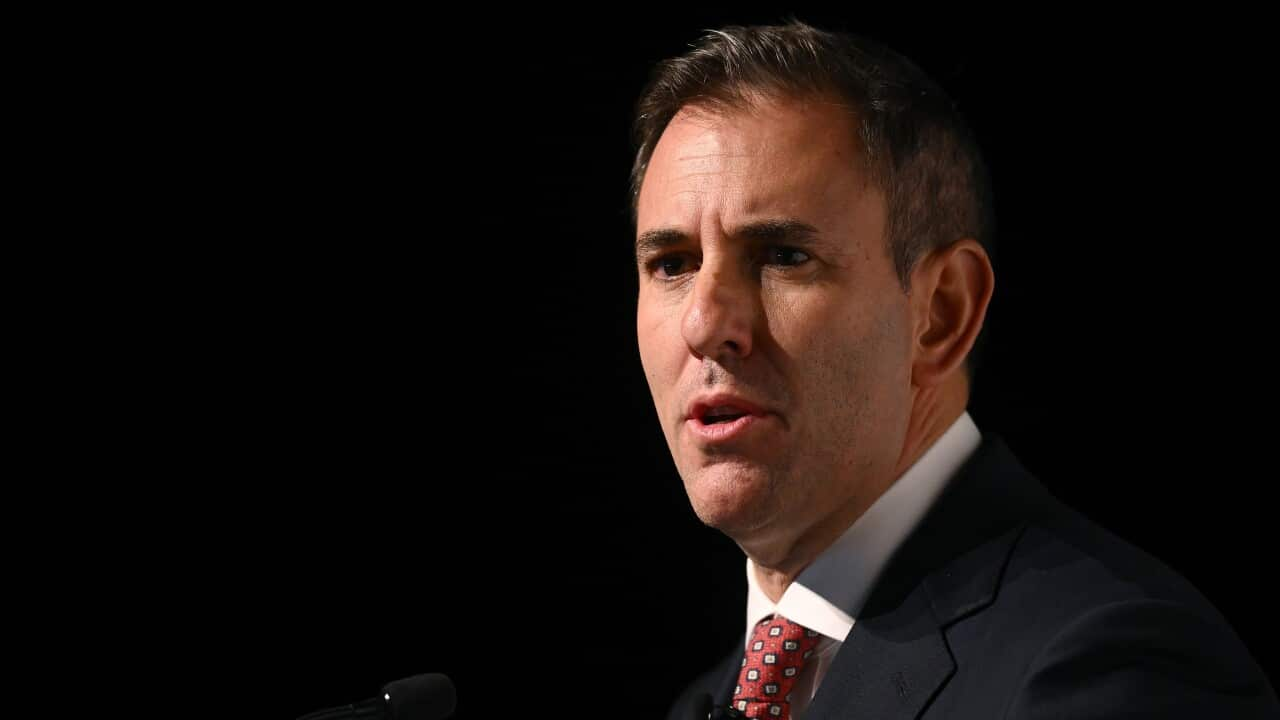Key Points
- The Albanese government's third budget is due to be delivered on 14 May.
- Chalmers warned rising geopolitical tensions and the sluggish Chinese economy had big implications for Australia.
- The fall in the price of iron ore since the start of the year equated to a $9 billion revenue loss.
Treasurer Jim Chalmers is warning of softer revenue growth in the federal budget as China's downturn persists and conflict in the Middle East casts a shadow over the global economy.
The Albanese government's third budget is due to be delivered on 14 May, with a second surplus still the goal in 2023/24.
However, Chalmers warned rising geopolitical tensions and the sluggish Chinese economy - which has slumped to its weakest growth on a three-year basis since the 1970s - had big implications for Australia.
Need for different fiscal strategy
Speaking in Washington DC after meeting with G20 counterparts, Chalmers said the government could not rely on commodity-fuelled revenue growth and needed to build resilience within the domestic economy.
"To be really blunt about it, we won't see anything like the revenue upgrades that we saw in the first two budgets in our third budget, and that is part of the reason why we need a slightly different fiscal strategy to try and do more with less," he told reporters.
The treasurer said the fall in the price of iron ore since the start of the year equated to a $9 billion revenue loss.
"So that gives you a sense of the sort of magnitude," he said.
Economic security focus
Chalmers has foreshadowed economic security as a major emphasis of the upcoming budget, along with a renewed focus on growth to make Australia's economy more competitive, dynamic and innovative.
The treasurer flagged that while the Future Made in Australia Act was key to achieving that aim, other policies would also aid growth.
"We want to align our national security and our economic security interests," he said.
"This is how we help relieve cost of living pressures, repair our budget and reform our economy as an antidote to the kinds of risks that we see escalating around the world."
With Israel's retaliatory strikes on Iran bringing the Middle East closer to a regional war, Chalmers said there was a real possibility the conflict would undo global efforts to rein in inflation.
"There has been enough bloodshed in the Middle East already," he said.
"We don't want to see more lives lost but we also don't want to see more damage done to the global economy."











